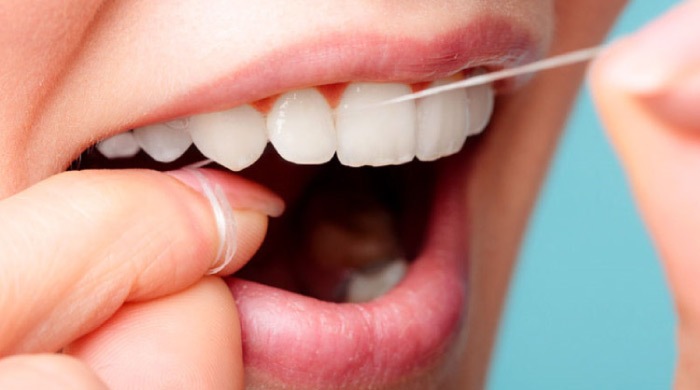Wisdom Teeth Removal: The Gritty Truth About Going Anesthesia-Free
Wisdom teeth, also known as third molars, are the last teeth to erupt, typically between the ages of 17 and 25. While some wisdom teeth erupt normally and cause no problems, others become impacted (stuck below the gum line) or erupt at an angle, requiring removal. Wisdom teeth removal, a common oral surgery procedure, is usually performed with anesthesia to ensure patient comfort. However, some individuals might consider undergoing the procedure without anesthesia. This article explores the potential risks and drawbacks of forgoing anesthesia during wisdom teeth removal, emphasizing the importance of safe and comfortable dental practices.
The Allure of Anesthesia-Free: Why Some Consider It
There are a few reasons why someone might contemplate wisdom teeth removal without anesthesia:
- Fear of Needles: Some individuals have a phobia of needles and injections, leading them to avoid anesthesia altogether.
- Cost Concerns: Anesthesia can add to the overall cost of wisdom teeth removal surgery.
- Faster Recovery: Recovery from general anesthesia can take longer compared to local anesthesia options. Some might believe skipping anesthesia altogether translates to a quicker recovery.
The Reality of No Anesthesia: A Recipe for Discomfort and Risk
While the idea of avoiding needles or a longer recovery might seem appealing, opting for wisdom teeth removal without anesthesia is generally not recommended. Here’s why:
- Pain and Discomfort: Wisdom teeth removal can be a surgical procedure involving cutting through bone and tissue. Without anesthesia, you would experience significant pain throughout the entire procedure.
- Anxiety and Fear: The prospect of a complex dental procedure without any pain relief can be incredibly anxiety-provoking and frightening.
- Movement During Surgery: The intense pain and discomfort can make it difficult to stay still during the procedure, potentially leading to complications or compromising the surgery’s success.
- Potential for Tissue Damage: An essential aspect of safe surgery is ensuring patient stillness. Without anesthesia, the dentist might struggle to maintain a clear surgical field, increasing the risk of accidental damage to surrounding tissues.
- Psychological Trauma: The experience of undergoing a painful surgical procedure without anesthesia can be highly traumatic and lead to a lasting fear of dental procedures.
The Power of Choice: Safe and Effective Anesthesia Options
Fortunately, modern dentistry offers various safe and effective anesthesia options for wisdom teeth removal, ensuring patient comfort throughout the procedure:
- Local Anesthesia: This option numbs the area around the wisdom tooth, allowing you to remain awake and relaxed during the surgery. You might feel some pressure or tugging, but you won’t experience pain.
- Sedation Dentistry: Nitrous oxide (laughing gas) or other sedative medications can be used to induce a feeling of relaxation and reduce anxiety during the procedure. You might still be awake but less aware of your surroundings.
- General Anesthesia: This option puts you into a state of unconsciousness throughout the surgery. You won’t feel any pain or discomfort and won’t remember the procedure.
Your dentist will discuss the most suitable anesthesia option based on your individual needs, medical history, and anxiety level.
Wisdom Words: Frequently Asked Questions (FAQ)
Q: Is there any situation where wisdom teeth removal without anesthesia might be acceptable?
- A: In very rare cases, a dentist might consider removing a wisdom tooth that’s fully erupted and easily accessible without anesthesia, especially for patients with significant medical risks that preclude the use of any anesthesia. However, this is an exceptional scenario, and most dentists would strongly advise against forgoing anesthesia altogether.
Q: What if I’m really afraid of needles?
- A: Talk to your dentist! Many dentists offer techniques to minimize needle discomfort, such as topical numbing creams. They can also discuss sedation options to help you feel more relaxed during the procedure.
Q: Will I feel pain after wisdom teeth removal even with anesthesia?
- A: You might experience some discomfort or soreness after the surgery. Your dentist will prescribe pain medication to manage any post-operative discomfort.
Q: How long does recovery take after wisdom teeth removal?
- A: Recovery time varies depending on the complexity of the surgery and the type of anesthesia used. However, with proper post-operative care, most individuals recover within a few days.
Remember: Wisdom teeth removal is a surgical procedure. Prioritizing your comfort and safety is paramount. Discuss all your concerns with your dentist and choose the anesthesia option that best suits your needs.




